The Arctic: our shared responsibility
Close cooperation is the best path to ensure prosperity, peace and climate resilience in the Arctic.
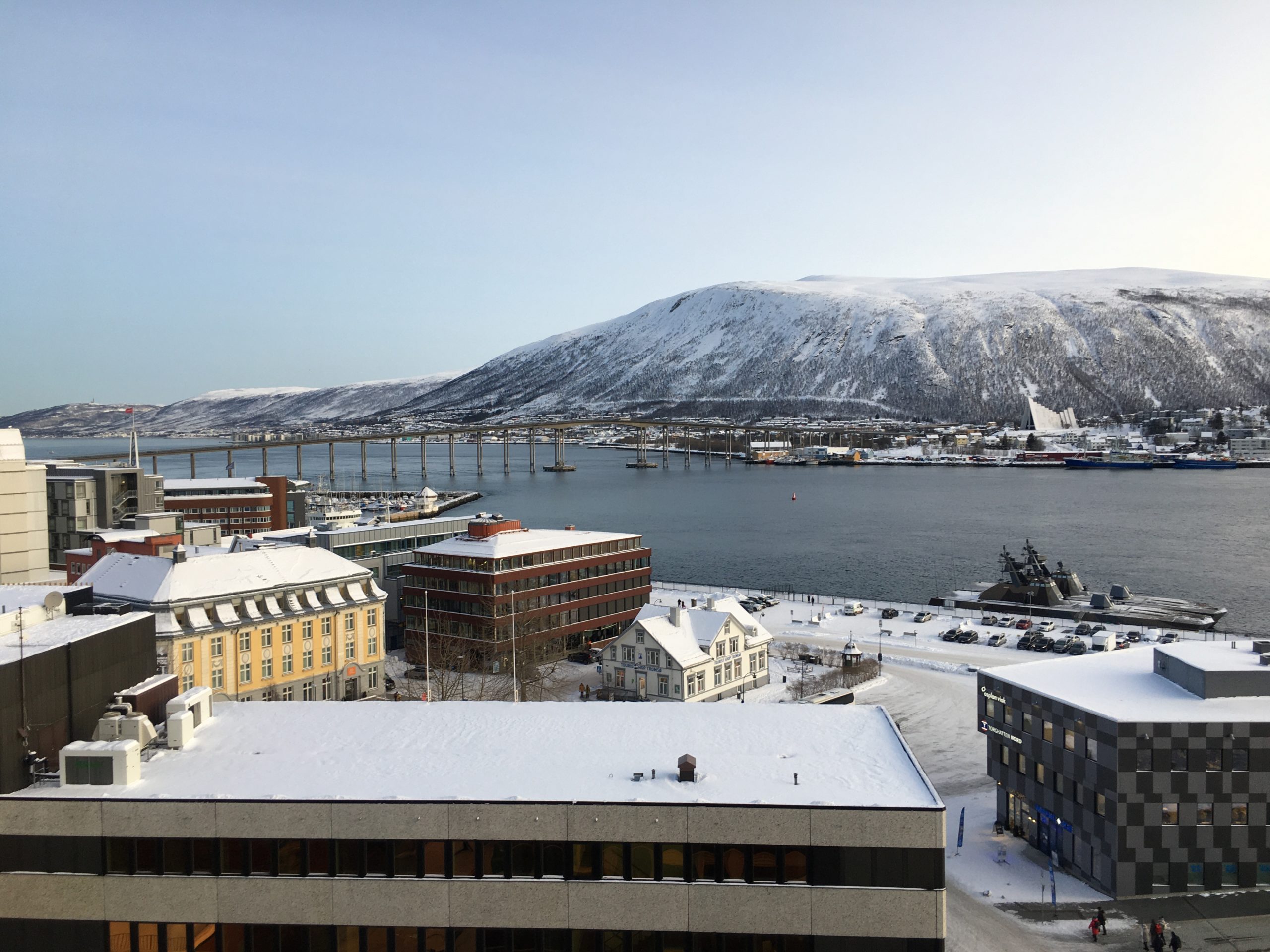
For many people in the world, the Arctic is a faraway place, an object of fascination and research. For many people in the Nordic countries, the Arctic is their home. It is also the location of some of our most innovative industrial areas and main fishing industries, as well as vibrant academic institutions. Our focus ahead should therefore be on the people of the Arctic, and on addressing the challenges to the environment brought about by climate change and the opening up of the region — all for the benefit of its inhabitants, who have a right to prosper in peace.
Together we, the Kingdom of Denmark (Greenland, Faroe Islands, Denmark), Finland, Iceland, Norway and Sweden, form the Nordic region of the Arctic. The Arctic is an important component of our close Nordic cooperation, and we are all members of the Arctic Council.
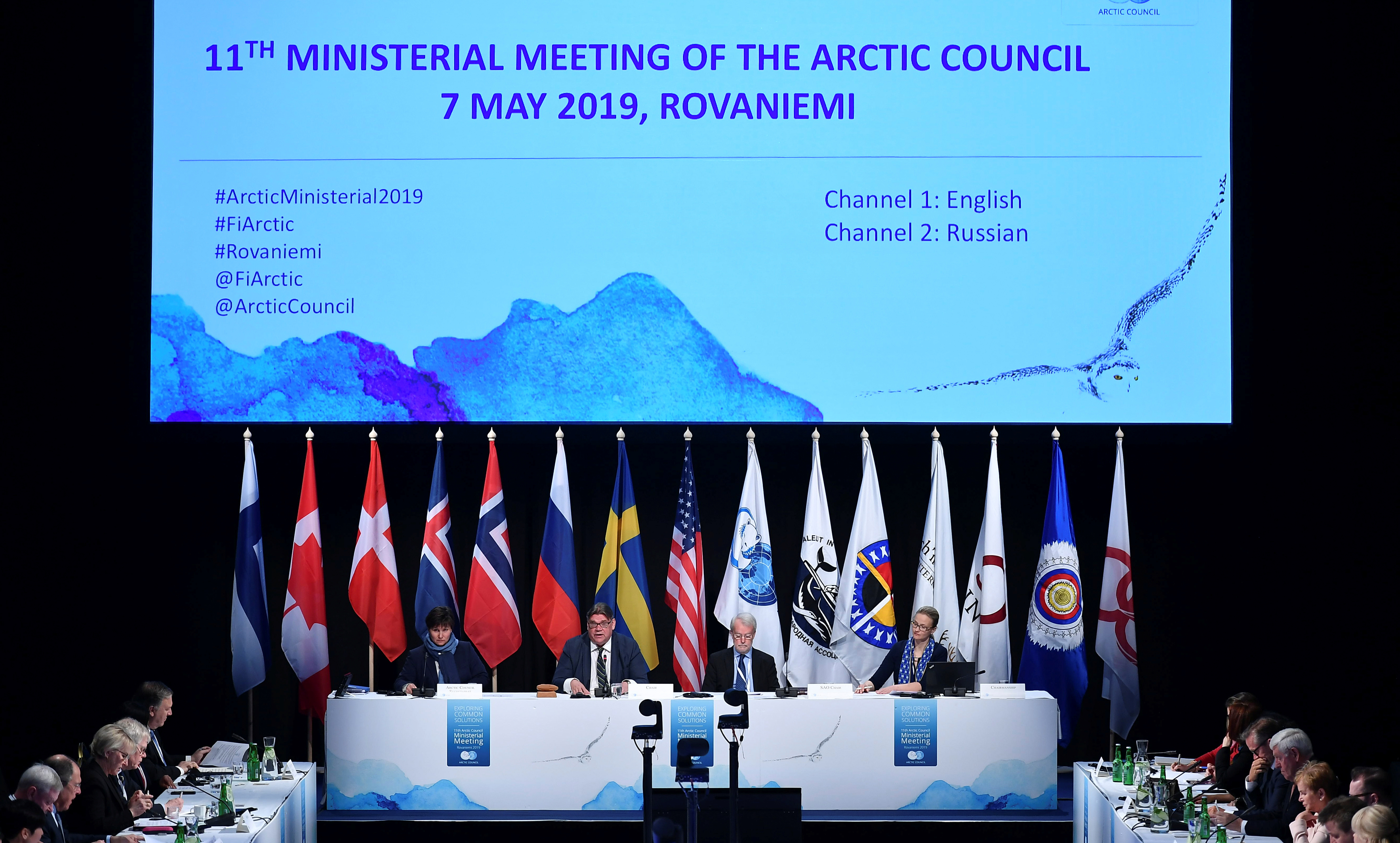
There is increasing international interest and presence in the Arctic, spurred on by climate change and with a focus on commercial opportunities. The geostrategic situation in the Arctic is changing due to rising tensions at global level. In these more challenging times, we want to stress that there is no legal void in the Arctic. The Arctic is governed by international law, and the UN Convention on the Law of the Sea applies in the region. The necessary institutional framework is in place with the Arctic Council as its core, and we see no need for any new institutions.
The Nordic countries have a crucial role to play in the Arctic. We represent a community of shared values with an emphasis on the rule of law, democracy, human rights, transparency, equality — including gender equality — social prosperity, sustainability and environmental protection. These are values that guide our approach to the Arctic as well.
Within the coming months, all of our countries will have presented new national Arctic strategies, that aim to ensure that we are prepared to address current and future challenges in the region. We are also strengthening Nordic cooperation in the Arctic for the benefit of its people, peace and stability, the climate, nature and the environment.

The people of the Arctic
The circumpolar region is home to 4 million people, including Indigenous peoples. The people of the Arctic and their livelihoods must be at the forefront of our considerations.
Sustainable economic development in the Arctic region is key to securing prosperity for the people living there. We need a strong focus on education for young people and improved connectivity as a basis for positive economic development.
The COVID-19 pandemic is posing a direct challenge in the region, where small and remote communities are particularly vulnerable. Public health must be made a priority for the Arctic Council and Arctic cooperation in general. We must ensure that the region becomes better equipped to confront pandemics and that our societies are resilient.
Peace and stability in the Arctic
Continued stability and constructive cooperation are key objectives for the policies pursued by us in the Arctic. We take our responsibility as Arctic actors seriously, and we are committed to working hard to maintain the Arctic as a region where any disputes will be settled with peaceful means and with respect for international law. Strong trans-Atlantic relations are key for the Nordic countries, including in the Arctic. At the same time, we will work closely with all our Arctic partners — the United States, Canada and Russia — to ensure continued stability in the region.
Cooperation creates trust and builds confidence. We have succeeded so far in building a political environment that generates win-win solutions. This is not least thanks to the Arctic Council as the main forum for Arctic cooperation, and is also underpinned by the regional people-to-people contacts within the framework of the Barents Euro-Arctic Council.
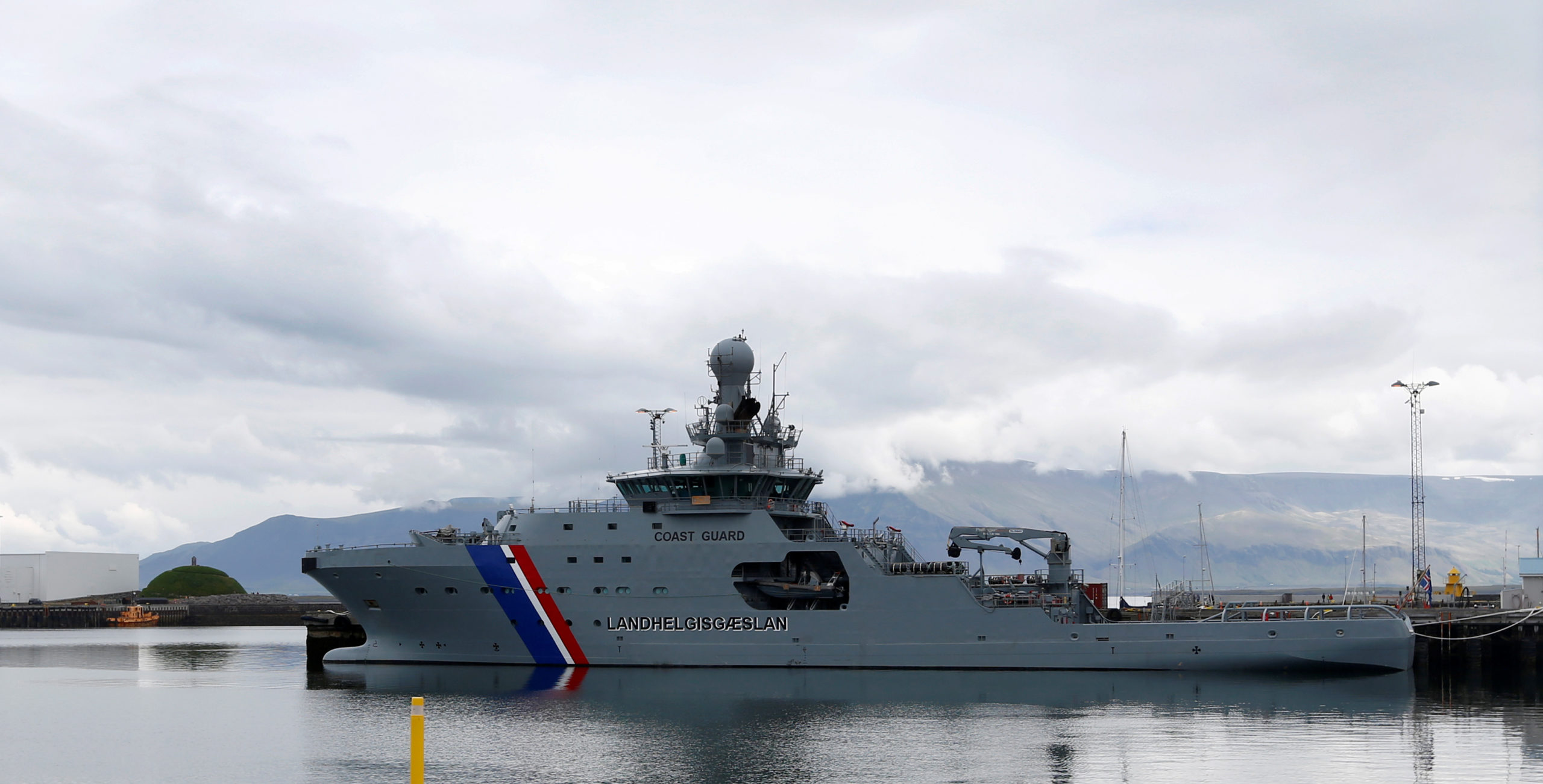
The Nordic States have a strong level of engagement in the Arctic Council. Iceland holds the Chairmanship of the Council in 2019–2021 and all of its six working groups are currently chaired by a Nordic country. The Arctic Council sets the agenda when it comes to discussing opportunities and challenges in the Arctic. It provides a platform for addressing cross-border issues in the region, focusing on important scientific and environmental work, practical collaboration and the improvement of living conditions, including for Indigenous peoples. The Arctic Council works well and the 25th anniversary next year will be an opportunity to strengthen it even further.
We welcome and encourage positive engagement by observers and other interested actors in the Arctic, including in the work of the Arctic Council, in view of the need for global efforts to address transnational challenges and opportunities. However, we stress that non-Arctic states must respect international law and established forums.
The EU is a valuable Arctic partner and can play an important role in many areas, such as climate change, research, innovation and connectivity. A review of the 2016 Arctic Communication would be welcomed in light of new challenges and opportunities.
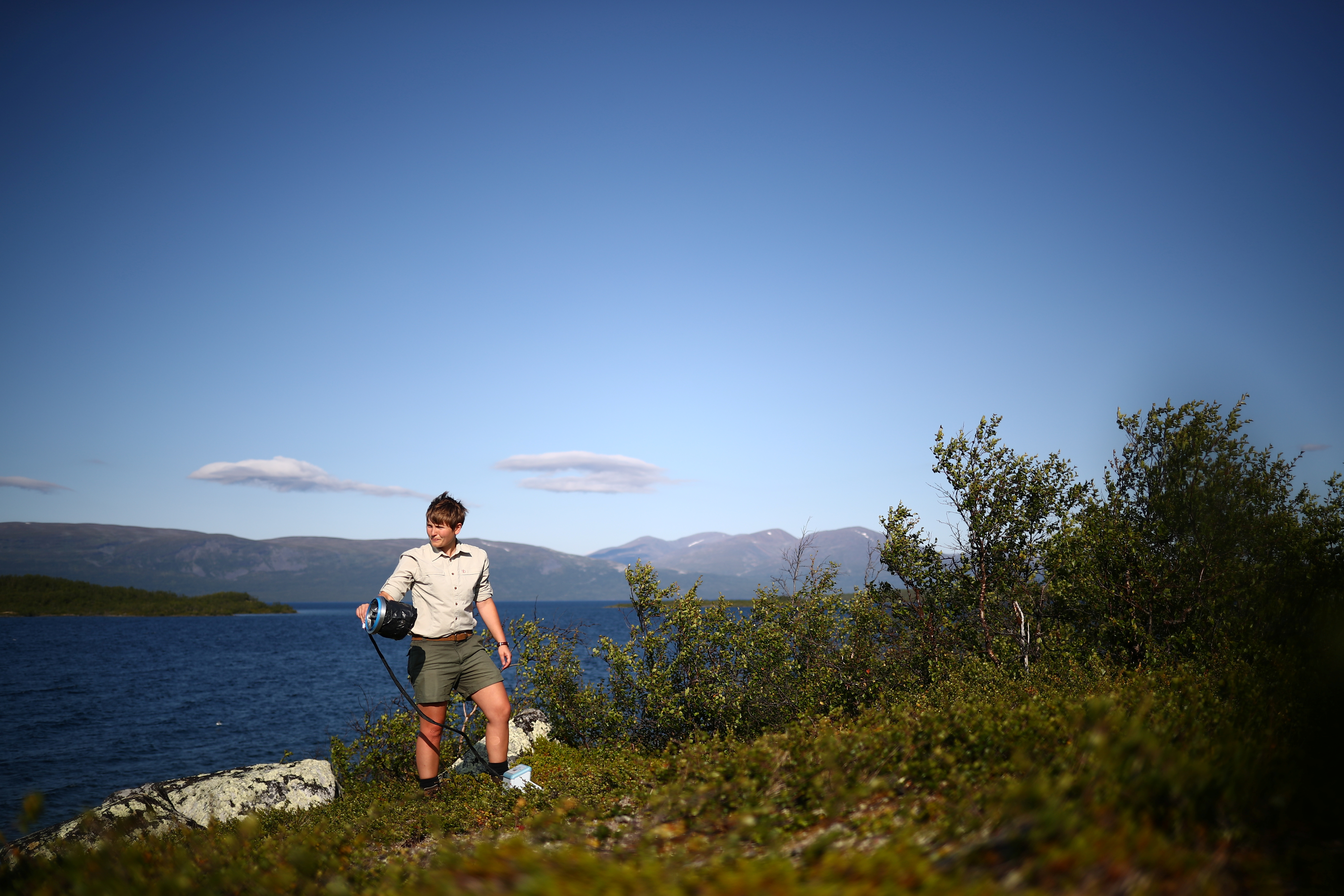
The climate in the Arctic
A climate crisis in the Arctic is not a future scenario — it is happening now. The effects of climate change are even more alarming in the Arctic than in other places on our planet. The problems that rising temperatures and ocean acidification cause for the ecosystems and communities of the Arctic are well known and have been clearly highlighted in reports from the IPCC and the Arctic Council Working Groups. However, the Arctic is a vast region and it is important to continue the scientific work to closely document the changes. While the people of the Arctic are among those most affected by climate change, the main sources of greenhouse gas emissions lie outside the region. The 2030 Agenda and the Paris Agreement are also relevant for the Arctic and a global mobilization of resources and action is required to address the challenge of climate change. In this context, the Nordic countries want to see a green transition as an engine of recovery to kickstart the global economy after the COVID-19 pandemic. This will be crucial, not least for the Arctic.
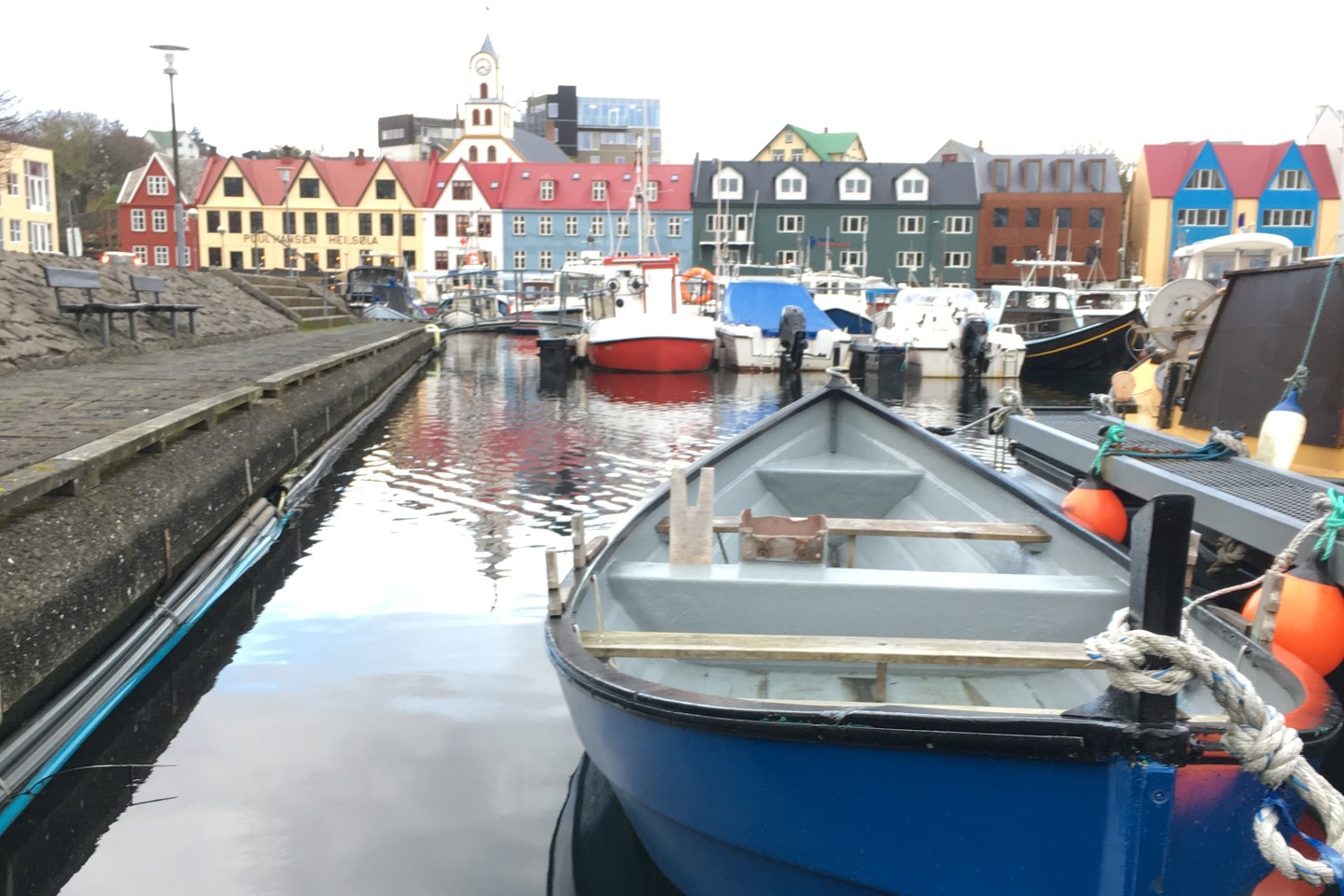
Ultimately, at the core of our cooperation in the Arctic are the people, peace and the climate. We will continue to build on Nordic experiences for the good of the Arctic and of the world.
- Ann Linde, Minister for Foreign Affairs Sweden
Kingdom of Denmark
- Jeppe Kofod, Minister for Foreign Affairs Denmark
- Steen Lynge, Minister of Foreign Affairs and Energy, Greenland
- Jenis av Rana, Minister of Foreign Affairs and Culture, Faroe Islands
- Pekka Haavisto, Minister for Foreign Affairs Finland
- Ine Eriksen Søreide, Minister for Foreign Affairs Norway
- Gudlaugur Thór Thórdarson, Minister for Foreign Affairs and International Development Cooperation Iceland
The views expressed here are the writers’ and are not necessarily endorsed by ArcticToday, which welcomes a broad range of viewpoints. To submit a piece for consideration, email commentary (at) arctictoday.com.